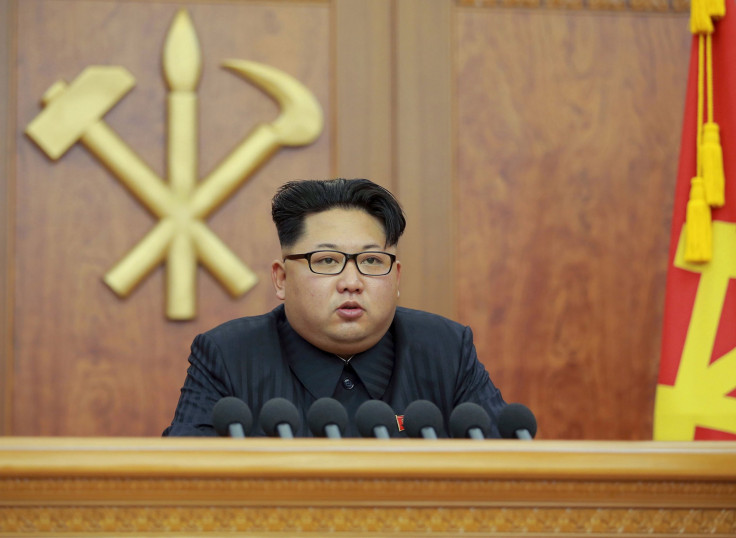North Korea, Cuba Strengthen Ties, Reject 'Arbitrary' Coercive Measures By US

North Korea and Cuba agreed to strengthen ties to withstand U.S.’ “unilateral and arbitrary” demands.
Cuban Foreign minister Bruno Rodriguez met with his Korean counterpart, Ri Yong-Ho, in Havana on Wednesday and stated that Cuba was "in favor of peace and stability," adding that "only after dialogue and negotiations can a lasting political solution be achieved," RT said.
They also rejected Washington’s approach to solve political tensions around the world based on “coercive measures.” Cuba’s The Ministry of Foreign Affairs in its statement said the two foreign ministers “ strongly rejected the unilateral and arbitrary lists and designations established by the U.S. government which serve as a basis for the implementation of coercive measures which are contrary to international law.”
Chinese publication Xinhua reported that Rodriguez also rejected the inclusion of North Korea in the US list of state sponsors of terrorism only two days ago by the Trump administration.
The statement added that both ministers said they “respected peoples’ sovereignty, independence, and free determination, territorial integrity, the abstention or threat of the use of force, the peaceful settlement of disputes and non-interference in the internal affairs of States.”
“Likewise, they strongly rejected the unilateral and arbitrary lists and designations established by the U.S. government which serve as a basis for the implementation of coercive measures which are contrary to international law,” it further stated.
The two ministers had "expressed concern about the escalation of tensions" on the Korean peninsula and "discussed the respective efforts carried out in the construction of socialism according to the realities inherent to their respective countries."
Recibe canciller de #Cuba🇨🇺, #BrunoRguez, a su homólogo de #CoreaDelNorte🇰🇵, Ri Yong-ho: Se consolidan las relaciones de cooperación y amistad entre ambas naciones, legado de los líderes históricos #FidelCastro y Kim Il-sung https://t.co/zyrhN8HOnn│Vía @Granma_Digital pic.twitter.com/R9zNtnXAUl
— Cancillería de Cuba (@CubaMINREX) November 22, 2017
According to Havana Times, Rodriguez after receiving Yong-Ho, said: “This visit is a demonstration of the strong ties of cooperation and friendship between the two nations, the legacy of historic leaders Fidel Castro and Kim Il-Sung,”
The decision to strengthen ties comes amid rising tensions between Pyongyang and Washington, with President Donald Trump following a tough rhetoric against the former, having designated North Korea as a state sponsor of terrorism earlier this week.
Meanwhile, in Cuba’s case, the Trump administration announced changes in policy towards to roll back former president Barack Obama’s dip0lomatic relations, Bloomberg reported.
Earlier this month, new restrictions on Americans’ travel to Cuba were enacted and list of companies and other entities, alleged to be controlled by the Cuban government and were forbidden from doing business with U.S. citizens, was published.
“We have strengthened our Cuba policies to channel economic activity away from the Cuban military and to encourage the government to move toward greater political and economic freedom for the Cuban people,” Treasury Secretary Steve Mnuchin said, commenting on changes to the Cuba sanctions rules.
According to RT, the relationship between North Korea and Cuba have remained diplomatic since August 1960, after the latter country’s renowned leader Fidel Castro established a communist state on the Caribbean island. However, both the communist states have been subject to persistent American sanctions, political pressure and assertive threats of invasion ever since their inception.
© Copyright IBTimes 2024. All rights reserved.





















